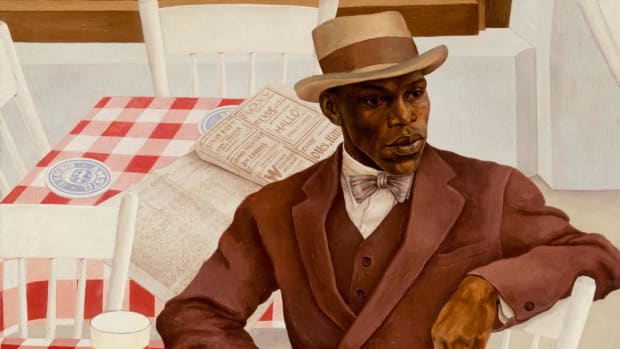
UvA’s controversial diversity index
In the debate over academic freedom, according to Emeritus Professor of Political Theory Meindert Fennema, the former Roman Catholic index of banned books is back, but in a different form. “The current index is not Roman Catholic but revolves around writings about diversity and inclusion.”
Laurens Buijs, who has been researching anti-gay violence for many years and describes himself as a “researcher on diversity and inclusion”, incurred the wrath of faculty and students in the interdisciplinary social science program by claiming that non-binary identities, which are so much debated at the Faculty of Social and Behavioural Sciences, are not based on scientific research in biology, psychology, or anthropology. The non-binary bear was on the loose. Program director Michaela Hordijk wrote to all students that “the program – faculty, management and support team – emphatically distances itself from Mr. Buijs’ judgments and hurtful expressions about non-binarity”.
PVV
By the way, Buijs had long been an object of suspicion, as his research showed that Moroccan youths were more likely than average to be involved in anti-gay violence. You understand: someone with such PVVThe PVV is a Dutch extreme right wing party-like research results does not belong at the university at all. The Executive Board is now investigating the complaints that Buijs himself filed as a whistleblower about how people with dissenting opinions are treated at the UvA. He believes that academic freedom is waning, under pressure from increasing political correctness and dogmatic leftist ideology, especially in the social sciences.
Ayaan Hirsi Ali
Now you may be thinking: oh well, let the anthropologists and sociologists have a go; there are a few “geeks“ in every organization. But the same type of “geeks“ protested in 2005 against the arrival of the then VVD (People’s Party for Freedom and Democracy) Member of Parliament Ayaan Hirsi Ali at the opening of the academic year at the UvA because she was campaigning against female circumcision and had the audacity to blame Islam for it. Folia reported on this in detail at the time. But the attack on academic freedom is now much broader and consequently more dangerous. I would like to illustrate this using my own experience as professor emeritus of political theory.
Condorcet
In 1989 I translated an anti-slavery pamphlet from 1781 by the French Enlightenment philosopher Nicolas de Condorcet. I also used this pamphlet, entitled “Reflections on Negro Slavery” in my history of political theory lecture. This covered not only the American Revolution (1776) and the French Revolution (1789) but also the Haitian Revolution (1791). The Haitian Revolution began with a slave revolt and would eventually culminate in the establishment of the first black republic of Haiti in 1803.
At the time, it was quite unusual to cover the Haitian Revolution alongside the American and French Revolutions, as it had a major influence on Western thinking about slavery and racial (in)equality. I am now retired and the Haitian Revolution is no longer taught.
Two years ago, with one of my former PhD students - now a senior lecturer in the political science department - I gave a working lecture on the views of French philosopher Alexis de Tocqueville (1805-1859) regarding race relations in America. It was an animated lecture with extremely motivated and excellent students. Last year I offered to give that working lecture again, but this time alone. But the education coordinator political theory informed me that this working lecture was “not a priority”. That could be, but in that same e-mail exchange, I was also asked why I used the N*** word in my translation of Condorcet. I replied that I used that because Condorcet had also used that word in 1781. “It hurts me anyway,” I received in reply.
Pontifex
Today’s students of political theory no longer need to read original sources. They can now turn to contemporary authors who – if they quote anything at all – will not use the N***word. And perhaps they will replace the word “slave” with the description “enslaved” to prevent students from feeling hurt or “unsafe”. And so we are back to the index of banned books and writings that used to be so familiar in Catholic universities and colleges. This index now revolves not around Roman Catholic writings, but writings around diversity and inclusion. No doubt the biggest difference is that the pontifex is now increasingly a woman. Progress after all!

